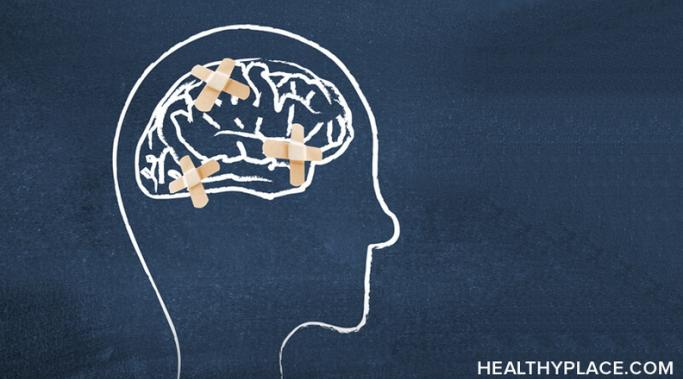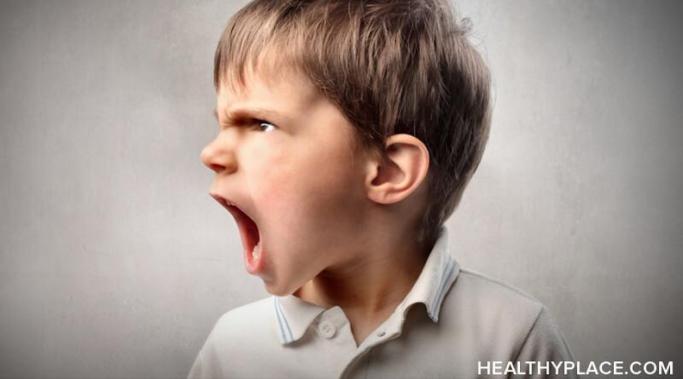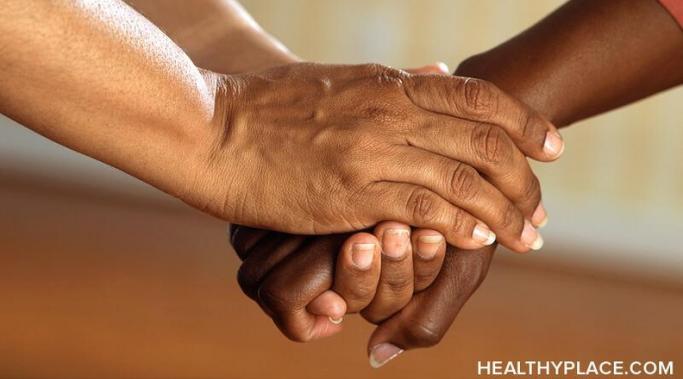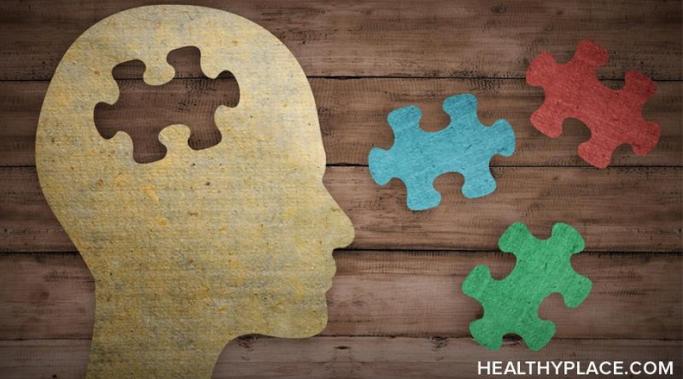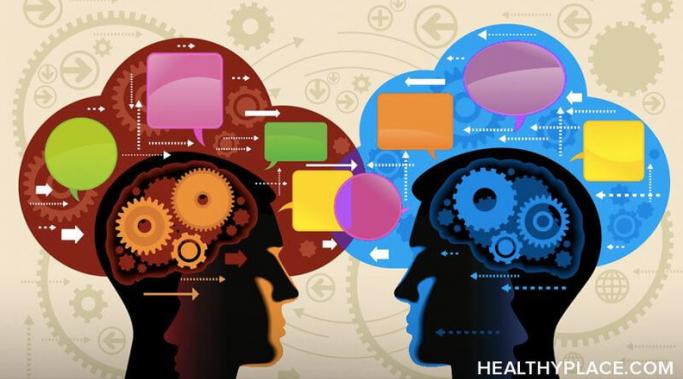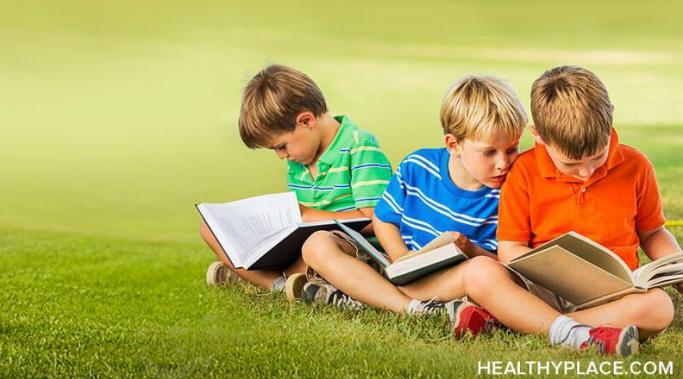Recently, I was concerned that the effects of verbal abuse had damaged me. This revelation came to me after watching "Barbie." The more I talked to others about this film, the more I realized I was one of the few people who didn't cry during the show. Is it because I'm damaged from verbal abuse?
Signs and Symptoms of Abuse
As with adults, children may use verbal abuse in their daily lives for various reasons. Sometimes, parents allow verbal abuse and will not correct their children when they exhibit this damaging behavior.
The question is, can you heal from verbal abuse? Verbal abuse is prevalent in many relationships. It does not choose age, skin color, or social standing. Instead, you can find this harmful behavior in various places, like the school playground, between partners at home, or even in the workplace. With such a widespread problem, is it even possible to heal from the negative effects of verbal abuse?
Can an abuser change? That is the question. One common characteristic many individuals share is the belief that people can change for the better. When verbal abuse occurs in relationships, the behavior may continue unless one or both individuals move to change the dynamic. This change can come from the abuser or the victim, forcing a shift in the relationship.
You may hear the term "tough love" thrown around in conversation. While tough love isn't always verbal abuse, it can sometimes cross the line. Knowing the difference between tough love and verbal abuse can help you refrain from using verbal abuse or being the recipient in a verbally abusive situation.
Navigating life and relationships after facing verbal abuse is different for everyone. The tools and strategies you use to recover may not be what someone else chooses. One common aspect of recovering from verbal abuse is grace. Recognizing and providing yourself grace as you learn to maintain healthy relationships is vital for your recovery.
Leaving verbal abuse behind is hard. Verbal abuse can be traumatic for individuals of any age, regardless of how much exposure there is to this harmful behavior. Of course, each person is unique and will react in different ways when facing verbal abuse. These responses can determine how effective it is to leave verbal abuse behind and move toward a healthy and happy life.
If your childhood included kids teasing you, an adult might have explained that they teased you because they liked you. I'm not sure when affectionate teasing and verbal abuse evolved into a well-known sign that someone likes you, but it should stop.
The 2022 psychological thriller Alice, Darling, a movie showing emotional and verbal abuse, is another true-to-life scenario familiar to many individuals, unfortunately. This movie depicts a woman involved with an emotionally and verbally abusive partner, but she continuously explains his habits away as normal occurrences. The storyline displays how the verbal abuse dynamic can change an individual's personality and how they navigate everyday life.
Verbal abuse can come from individuals of any age, including children. Unfortunately, the understanding that kids can be cruel is too common for many parents. So, why do children resort to verbal abuse to handle difficult situations? The answer could be due to learned behaviors or a developmental phase.
